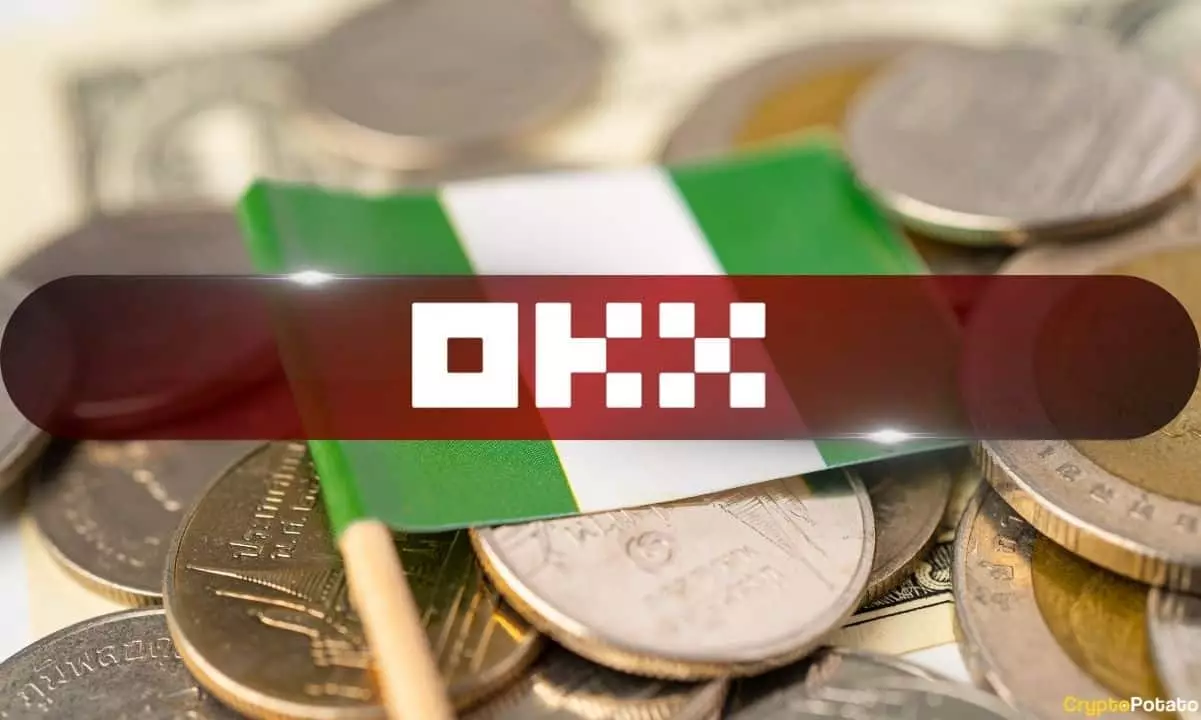Recently, leading crypto exchange OKX made headlines with its announcement regarding the discontinuation of its services in Nigeria. This decision was primarily prompted by the recent regulatory changes in the country, which have created challenges for crypto exchanges operating within its borders.
According to emails sent to OKX’s Nigerian users, customers have until August 30 to withdraw their assets from the exchange. After this date, any remaining balances on the platform will be subject to restrictions. Starting from August 16, OKX’s Nigeria customers will no longer be able to open new positions, accounts, or access services on the platform. Instead, they can only withdraw their assets and close or redeem open positions.
OKX has instructed affected users to review their accounts and complete several steps before the deadline. These steps include closing various types of positions such as peer-to-peer (P2P), margin, perpetual, futures, and options, as well as spot orders. Users are also advised to redeem assets from all OKX products and move assets to external wallets by 12:00 am PST on August 16.
Users who fail to transfer their assets by the initial deadline must do so by 12:00 am PST on August 30. After this date, they will have to contact OKX’s customer service teams for any account-related actions. The exchange strongly encourages users to withdraw or transfer funds before the final deadline, as remaining balances may be subject to further restrictions in accordance with the Terms of Service and local laws.
The decision by OKX to end its services in Nigeria reflects the challenging regulatory environment that crypto exchanges have faced in the country since the beginning of the year. The government’s efforts to prevent the devaluation of the naira have led to increased scrutiny and restrictions on digital asset platforms.
While OKX has chosen to cease its operations in Nigeria, other crypto trading platforms have implemented changes to continue operating in the country. For example, KuCoin recently announced that it would be deducting a 7.5% value-added tax from transaction fees for its Nigerian users. Similarly, the exchange paused its P2P services for the naira earlier this year.
It is worth noting that Nigeria is not the only country where OKX has shut down its services. In March, the exchange made a similar move in India in response to the country’s crackdown on digital asset platforms. This trend of exchanges adjusting their operations in response to regulatory changes highlights the evolving landscape of cryptocurrency regulation on a global scale.

